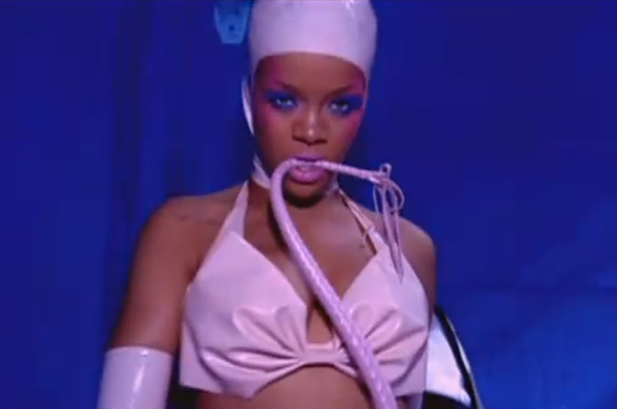One of the dilemmas I sometimes experience is between my love for pop culture (including, but not limited to fashion magazines, CBC’s Being Erica, the films of Queen Latifah and Robyn) and my commitment to gender equality.
I think many people think the feminist critique of popular culture is that it is bad for women or demeaning to women. A lot of the time I don’t feel that way at all. I think it is okay to take pleasure in make-up, fashion, TV and the like. I think popular culture is fine because most people know that there is a difference between reality and idealized images, and have figured out whether they care. It is also the case that images of women in popular culture are more nuanced now than they were — say — 30 years ago…
… At least I think this is sometimes true. Case in point is the aforementioned Being Erica. The titular character is both beautiful/down to earth, slim/but not skinny and faces ordinary dilemmas (getting fired) and ridiculous dilemmas (will she choose between time-travelling rock star Kai or former-mob-enforcer Adam)? Erica is Three’s Company’s Janet and Chrissy rolled into one. For me this is appealing because the character and show offer some escapism: it is always summer in Erica’s Toronto, and she has so many amazing dresses. And (my) reality: how do friendships change when someone has a baby?
Lately, especially this morning listening to Rihanna’s song S&M on the radio, my feminist-academic-critical radar has been twitching. If you aren’t familiar with the song, there is a whole Wiki about it. Rihanna didn’t write the song or lyrics, but she did record it and she has gone on the record claiming she is into S and M. Right. Maybe, as the song goes, “chains and whips” really do “excite” Rihanna, but I just don’t buy it. I feel like the song is lame, and kind of embarrassing. It isn’t transgressive to claim to “want it, want it” and that you are “really, really” into “it.” I also think the current career of Madonna reveals the limitations of a sex-and-transgression-driven public persona. Where do you go once you have revealed everything?
I want to be clear that I don’t think there is anything wrong with being sexual and female. Toronto’s recent “Slutwalk” proved that many feminists feel the same way. And, I honestly don’t care if Beyonce ever wears pants again. I also don’t think the problem is that Miley Cyrus might be a bad role model for children, because there are a lot of bad role models for children. I just wish there were a greater range of expressions of sexuality and womanliness and desire in popular culture. We have people like Beth Ditto or Adele or Emily Haines to point to for more grown-up and edgy sexuality, but what would it look like to have a female actress or pop star who was as awkward and raw and goofy as most of the 21-year-olds I interact with on a daily basis? Note to my academic friends: Rihanna is the same age as most of our fourth-year undergrads.
Am I being too hard on the stars? Is it my own consumption of popular media that fuels this problem? My critique is focused on the celebrities because I think many people see through them, or at least can tell when they aren’t being authentic. My own undergrad students, for example, are very sceptical and critical consumers of pop culture. But, this challenge should also go out consumers. Please: ignore those try-hard provocative stars and television shows. Give your time and money to those who try (Gaga? Robyn? Nicki Minaj?) to advance our culture in some new/different directions. To summarize: don’t reject popular culture because it is bad for women, but do reject the people and products that are just bad.
This post originally appeared at thejennyellison.wordpress.com




